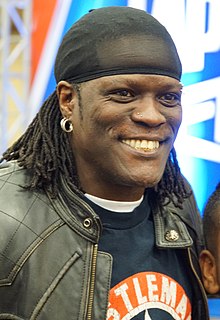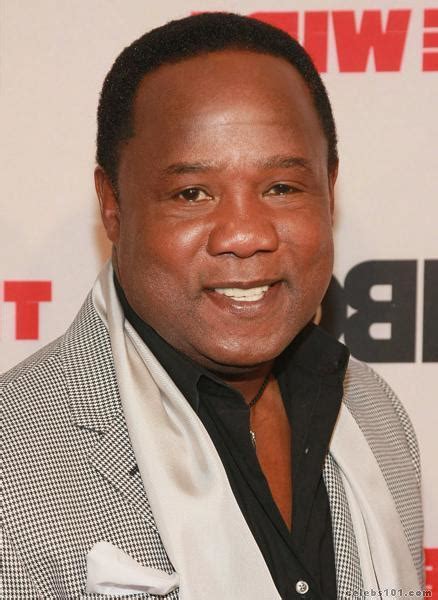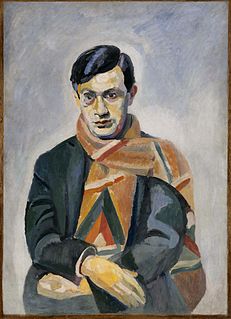A Quote by Richard Dawkins
I'm easily persuaded that a really good novelist who gets inside somebody else's head could be serving a valuable purpose. I enjoy satirical novels that take a wry, humorous, ironic look at modern life.
Related Quotes
We can carry the burden of hurt throughout our lives. We can make the hurt that we have experienced the defining aspect of our stories of ourselves. That means that somebody else gets to say who we are, somebody else gets to decide how we feel, and somebody else gets to decide how we see the world. Forgiveness not only frees us from the burden of someone else's opinion of us, but it allows us the opportunity to really write a story of ourselves that we can love, enjoy, relish, and live into.
Fighting causes you to face life head on, because you could end up seriously getting hurt, and you could hurt somebody else. It causes both people to face the reality that we are fragile beings, but it doesn't mean we can't enjoy ourselves in the process and punch each other in the face and have a good time.
Sir,’ said Stephen, ‘I read novels with the utmost pertinacity. I look upon them--I look upon good novels--as a very valuable part of literature, conveying more exact and finely-distinguished knowledge of the human heart and mind than almost any other, with greater breadth and depth and fewer constraints.
There's a happiness about me, a confidence and a happiness that I didn't have when I was younger. You feel good inside, you look good outside. I feel like I look like somebody who's having a good life, who's enjoying it a little better than I did before. You can be really good-looking in your twenties but feel miserable, and people just sort of walk away.
Today the crime novelist has one advantage denied to writers of 'straight' or 'literary' novels. Unlike them he can range over all levels of society, for crime can easily breach the barriers that exist in our stratified society. Because of these barriers the modern literary novel, unlike its 19th-century predecessors, is often confined to the horizontal, dealing only with one class. But crime runs through society from top to bottom, and so the crime novelist can present a fuller picture of the way we live now.
To me, the newspaper business was a way to learn about life and how things worked in the real world and how people spoke. You learn all the skills - you learn to listen, you learn to take notes - everything you use later as a novelist was valuable training in the newspaper world. But I always wanted to write novels.





































